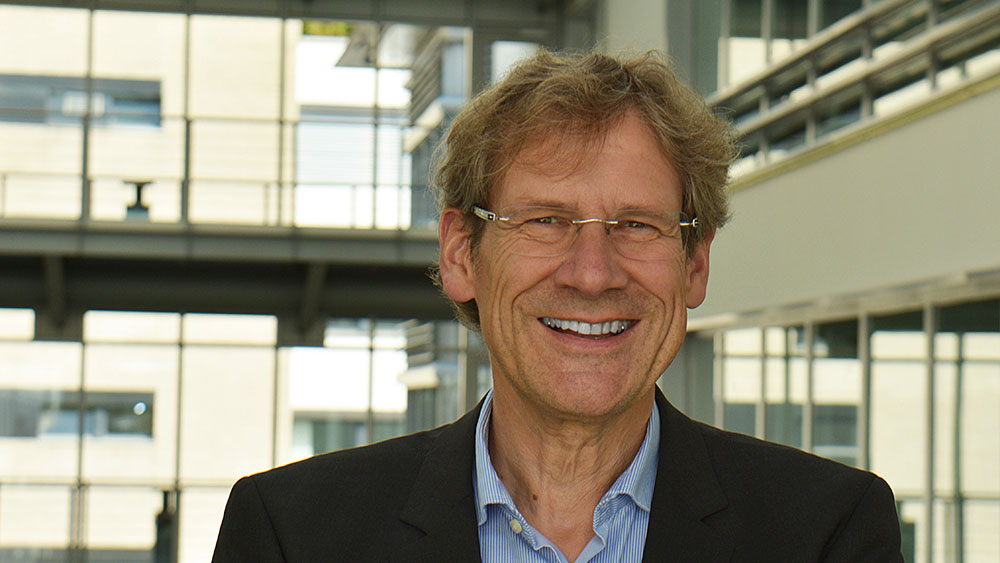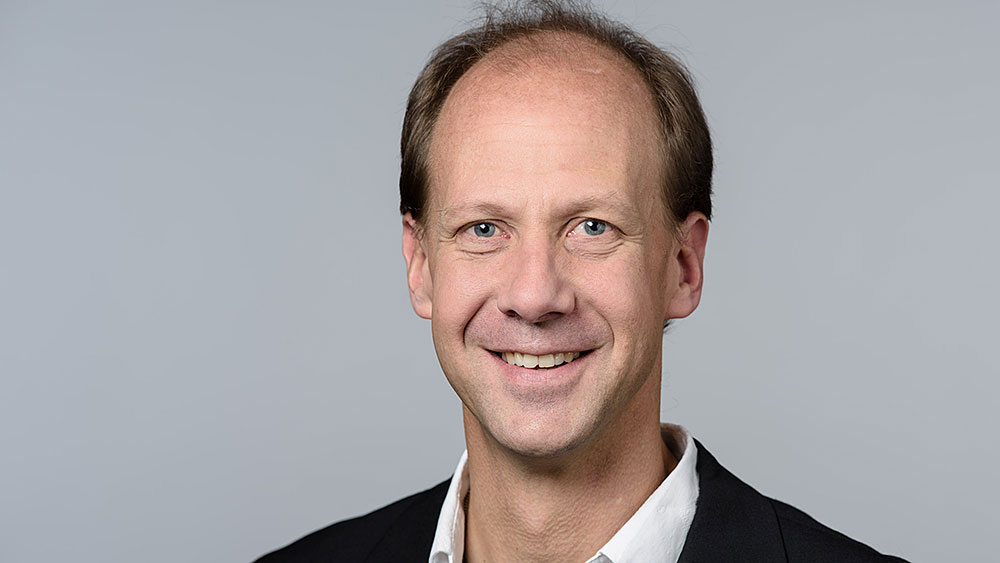The Governance 2020+ program is restructuring how responsibilities are shared between the Executive Board of the University and the faculty leadership. The faculties are being granted more autonomy when it comes to their core responsibilities: research, teaching, continuing education and services. The role of dean is being upgraded while the vice presidents are being relieved of their duty to represent the faculties towards the Executive Board, allowing them to pay increased attention to matters that affect all faculties. These changes will allow both the Executive Board and the faculty leadership to focus more on strategic planning and action.
“The new governance structure will allow the vice presidents to focus on evolving our framework for research, teaching and services at the University,” says Vice President Christian Schwarzenegger. “This will help us in areas like building a reputation for UZH on the international stage and deepening the University’s relationships with businesses and society at large.”
The new governance structure at UZH builds on the resolutions and provisions that were defined in the preliminary project Strengthening the Management of the University of Zurich: Structures, Processes and Culture. As part of this project, the Executive Board of the University was expanded by two seats in 2018: one for the Office of the Vice President Medicine and one for the Directorate for Real Estate and Facility Management. Additionally, all three offices of the vice president have been renamed. The Office of the Vice President for Arts and Social Sciences became the Office of the Vice President Education and Student Affairs, led by Gabriele Siegert. The Office of the Vice President for Veterinary Medicine and Science, led by Michael Schaepman, became the Office of the Vice President Research in 2018 and now addresses topics relevant for the University as a whole: research, innovation and academic career development. The Office of the Vice President for Law and Economics was reorganized as the Office of the Vice President Faculty Affairs and Scientific Information and now includes the following cross-faculty remits: professorships, data protection and legal issues, libraries, informatics and digitalization. Christian Schwarzenegger, in his role as Vice President Faculty Affairs and Scientific Information, will work together with the relevant deans when it comes to handling new professors’ appointment negotiations. The Faculty of Medicine is excluded from this rule, where Vice President Medicine Beatrice Beck-Schimmer will be in charge of the appointment negotiations.
In order to flesh out and implement the resolutions and aims of the preliminary project Strengthening the Management of the University of Zurich, the Executive Board of the University approved the Governance 2020+ program in September 2018. The program includes a range of subprojects each headed by a particular Executive Board member. A team of three – Josef Falkinger, Michael Brändli and Katharina Korsunsky – is responsible for the program management of Governance 2020+. The Executive Board of the University acts as the steering committee for the program. The new governance structure for UZH will go into effect on 1 August.
Three deans discuss their new roles when it comes to working with the Executive Board of the University.


